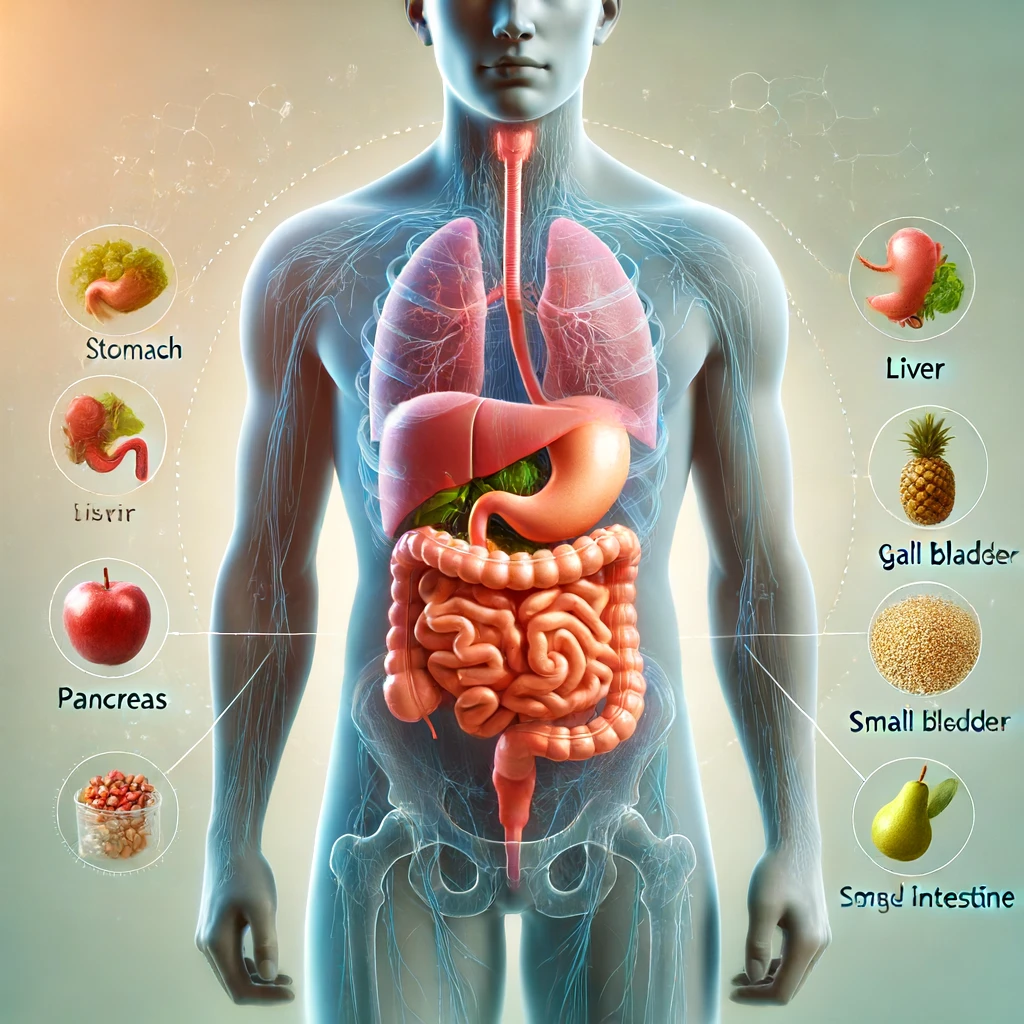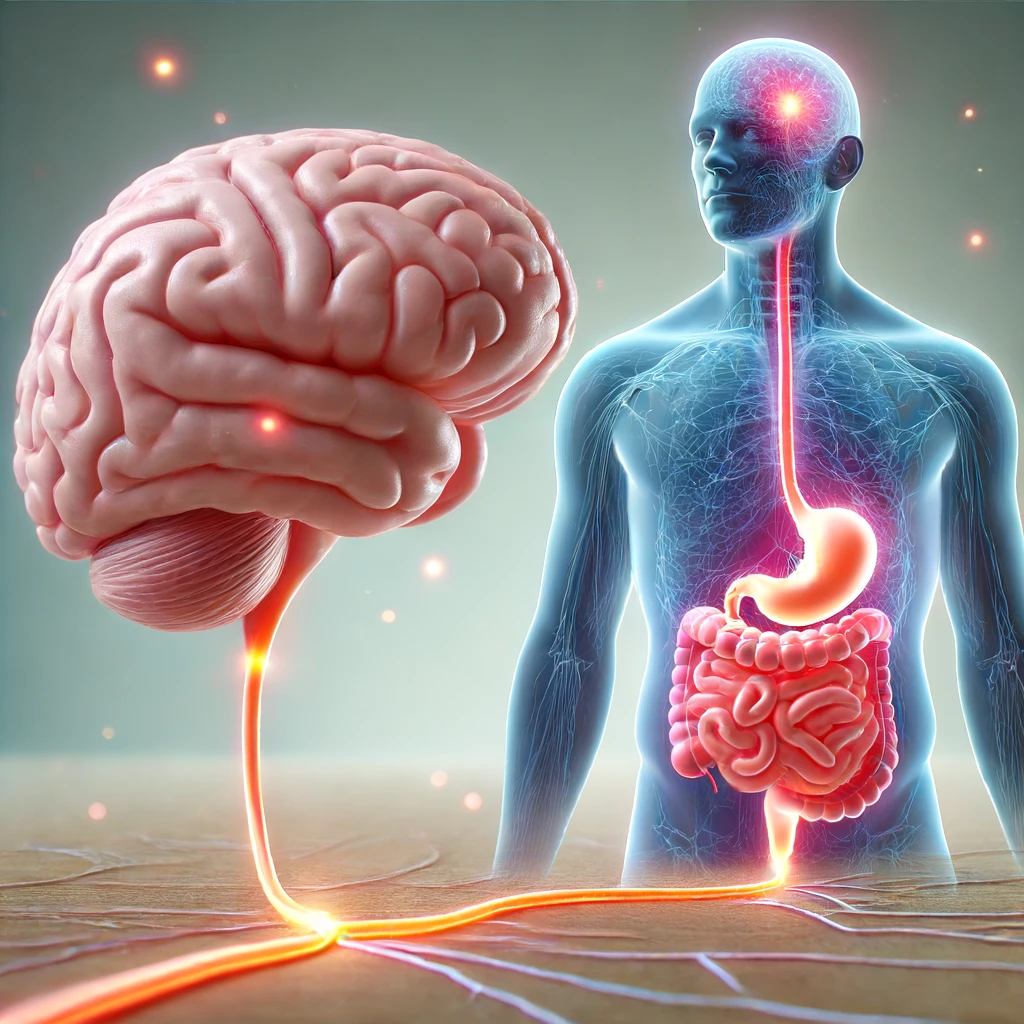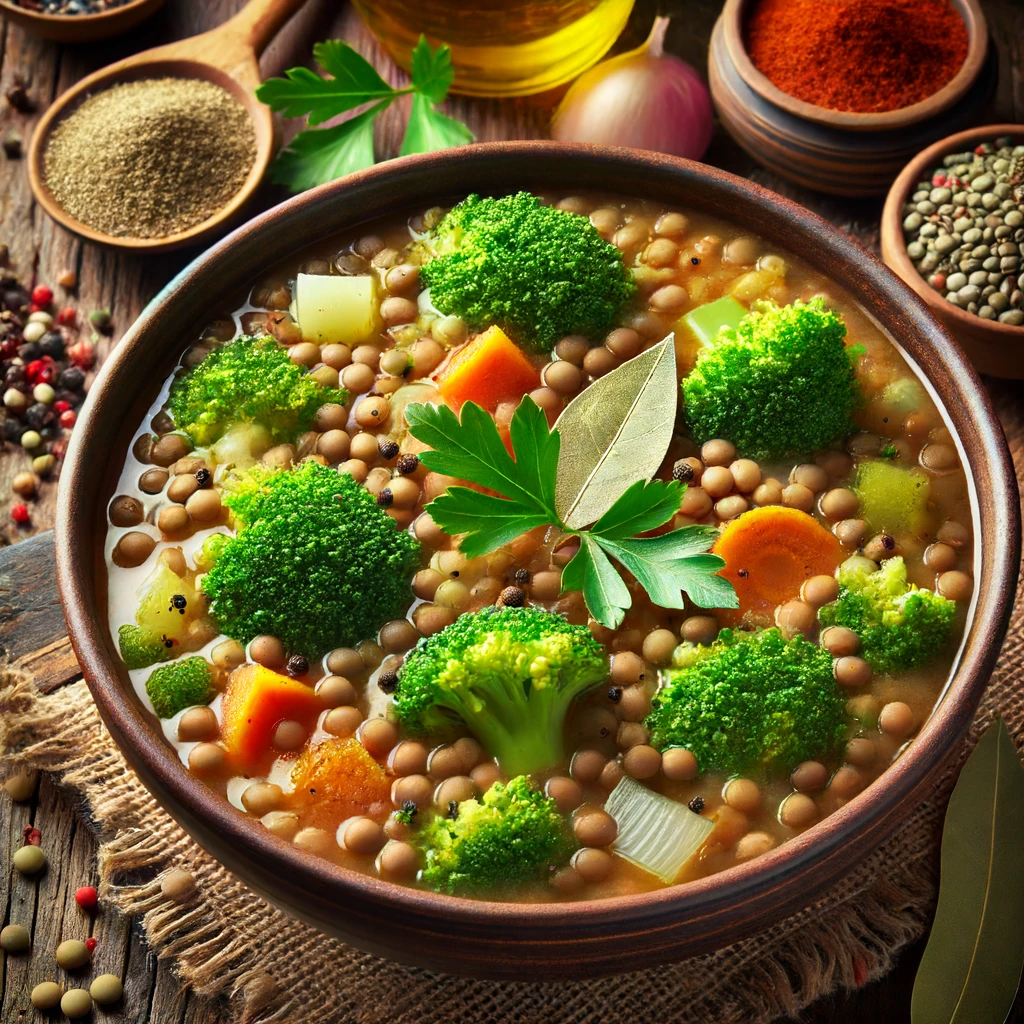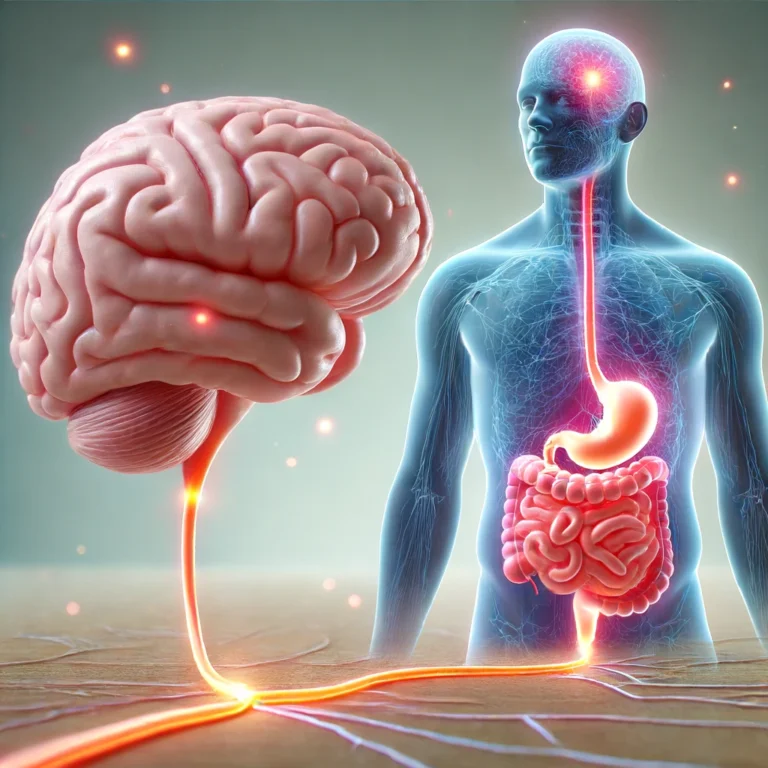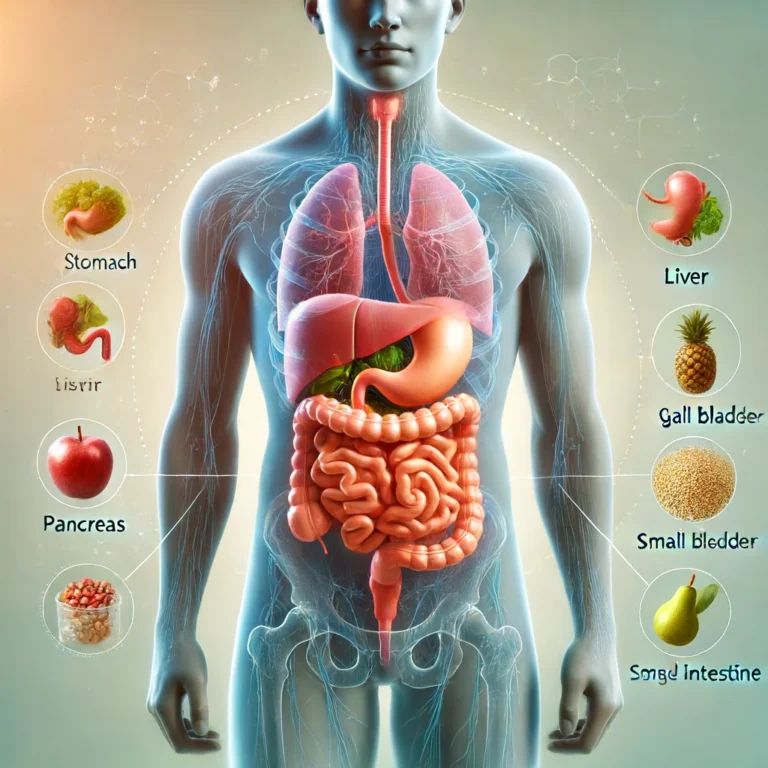Understanding Digestive Issues Leading to Bloating
Bloating is a common and uncomfortable condition that many people experience. It happens when your stomach feels full and tight, often due to gas. While occasional bloating is normal, chronic bloating may indicate underlying digestive issues. Understanding these issues can help you manage and reduce bloating effectively.
What is Bloating?
Bloating occurs when your gastrointestinal tract (GI) fills with air or gas. This can make your stomach look and feel swollen. Bloating can be accompanied by other symptoms, such as abdominal pain, discomfort, and excessive gas.
In this article we will cover the most popular reasons of bloating in people with IBS.

Common Causes of Bloating
Several digestive issues can cause bloating. Here are some of the most common:
1. Constipation
When stool moves slowly through the colon, it can cause gas and bloating. Constipation can result from a low-fiber diet, dehydration, or a sedentary lifestyle. Increasing your fiber intake, drinking plenty of water, and exercising regularly can help alleviate constipation and reduce bloating. This is the least found cause of bloating as it improves with good bowel movements.
2. Irritable Bowel Syndrome (IBS)
IBS is a common disorder that affects the large intestine. Symptoms include cramping, abdominal pain, bloating, gas, and diarrhoea or constipation, or both. The exact cause of IBS is unknown, but it can be triggered by stress, certain foods, or hormonal changes. Managing IBS often involves dietary changes, stress reduction, and medication.
Though exact cause of IBS is not yet known however in most of the IBS cases a leaky gut and SIBO was found to be another problem with patients with IBS. If you have IBS and if you constantly feel that your food has got stuck to your stomach and it is not moving further and you feel terrible because of bloating, there is a chance that you have SIBO(Small Intestinal Bacterial Overgrowth). This undigested food sitting in your stomach for hours leads to excessive farts as the bacteria from your large intestine jump up onto the small intestine and they feed on that undigested food, which again leads to embarrassment. First of all we will have a look on what exactly is this “SIBO”.
Small Intestinal Bacterial Overgrowth (SIBO)
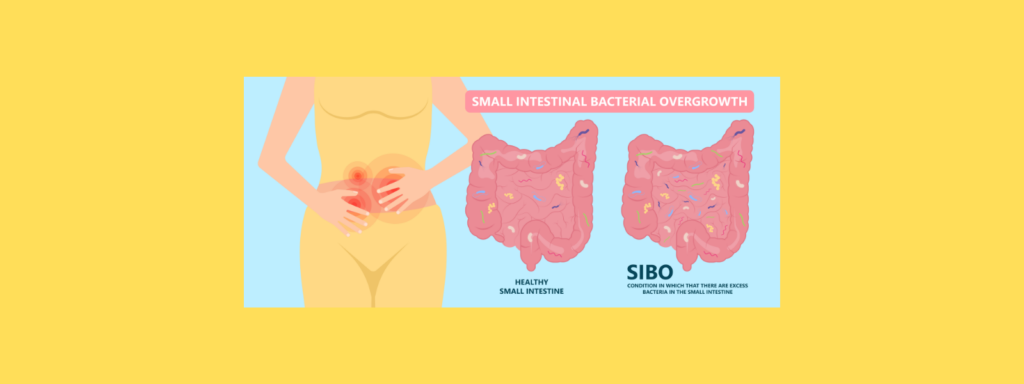
SIBO occurs when there is an abnormal increase in the number of bacteria in the small intestine. These bacteria can produce gas, leading to bloating and discomfort. SIBO can result from various conditions, such as IBS, celiac disease, or surgery. Treatment usually involves antibiotics to reduce bacterial overgrowth and dietary changes to prevent recurrence. However, I would always suggest taking a herbal antimicrobial first. It includes ayurvedic herbs such as “Triphala”. Trust me “Triphala did wonders for me” as far as my bloating is concerned.
Take it atleast for 14 days in a row ( ideally 1 spoon with a glass of luke warm water). Once you are done with it, start with a probiotic supplement. Please keep in mind you are still prone to develop SIBO in you gut, therefore restrict too much carbs in your meals for a few days.
For you to understand this, you will have to read how our digestion works.
3. Food Intolerances and Sensitivities
Certain foods can cause bloating, especially if you have intolerances or sensitivities. Common culprits include lactose (found in dairy products), fructose (found in fruits and some sweeteners), and gluten (found in wheat, barley, and rye). I always suggest my patients, if you suspect a food intolerance, an elimination diet can help identify the offending foods. Once identified, avoiding these foods can reduce bloating.
4. Celiac Disease
Celiac disease is an autoimmune disorder where the ingestion of gluten leads to damage in the small intestine. This damage can cause a variety of digestive issues, including bloating, diarrhoea, and abdominal pain. The only treatment for celiac disease is a strict gluten-free diet, which can help heal the intestine and alleviate symptoms. So please stay away from gluten and your life is sorted for all..
5. Gastroparesis
Gastroparesis is a condition that slows or stops the movement of food from the stomach to the small intestine. This delay can cause bloating, nausea, and vomiting. Diabetes, surgery, and certain medications can lead to gastroparesis. Managing gastroparesis often involves dietary changes, medications to stimulate stomach muscles, and controlling blood sugar levels.
6. Swallowing Air (Aerophagia)
Swallowing air, also known as aerophagia, can lead to bloating. This can happen when you eat or drink too quickly, chew gum, smoke, or talk while eating. To reduce swallowed air, eat slowly, avoid carbonated drinks, and try not to talk while chewing.
Dietary Factors Contributing to Bloating
Diet plays a significant role in bloating. Some foods and eating habits can increase gas production and lead to bloating. Here are a few dietary factors to consider:
High-Fiber Foods
While fiber is essential for a healthy diet, too much fiber can cause bloating, especially if your body isn’t used to it. Gradually increasing your fiber intake can help your body adjust and reduce bloating. This fiber intake also comes into play after knowing your body.
Gas-Producing Foods
Certain foods are more likely to produce gas. These include beans, lentils, broccoli, cabbage, onions, and carbonated drinks. Limiting these foods can help reduce bloating.
FODMAPs
FODMAPs (Fermentable Oligo-, Di-, Mono-saccharides, and Polyols) are short-chain carbohydrates that are poorly absorbed in the small intestine. High-FODMAP foods include garlic, onions, apples, and wheat. A low-FODMAP diet can help manage symptoms of IBS and reduce bloating.
Artificial Sweeteners
Artificial sweeteners like sorbitol, mannitol, and xylitol can cause bloating and gas. These sweeteners are often found in sugar-free gum, candy, and diet drinks. Limiting artificial sweeteners can help alleviate bloating.
Lifestyle Factors Contributing to Bloating
Your lifestyle can also impact bloating. Consider the following factors:
Eating Habits
How you eat can be just as important as what you eat. Eating too quickly, not chewing food thoroughly, and talking while eating can all lead to swallowing air, which causes bloating. Aim to eat slowly, chew your food well, and avoid distractions during meals.
Exercise
Regular physical activity can help stimulate digestion and reduce bloating. Exercise helps move gas through the digestive tract and promotes regular bowel movements. Even a short walk after meals can be beneficial.
Stress
Stress can affect your digestive system and lead to bloating. The gut-brain connection means that stress can alter gut motility and increase gas production. Finding ways to manage stress, such as through relaxation techniques, exercise, or hobbies, can help reduce bloating.
Managing Bloating
Managing bloating involves addressing the underlying causes and making lifestyle changes. Here are some strategies:
Identify Trigger Foods
Keep a food diary to track what you eat and when you experience bloating. This can help identify foods that trigger your symptoms.
Adjust Your Diet
Based on your food diary, adjust your diet to avoid trigger foods. Consider a low-FODMAP diet if you have IBS.
Improve Eating Habits
Eat smaller, more frequent meals instead of large ones. Chew your food thoroughly and eat slowly to reduce swallowed air.
Stay Hydrated
Drink plenty of water throughout the day to help digestion and prevent constipation.
Exercise Regularly
Incorporate regular physical activity into your routine to promote digestion and reduce stress.
Manage Stress
Practice stress-reduction techniques, such as meditation, yoga, or deep breathing exercises.
When to See a Doctor
While occasional bloating is normal, you should see a doctor if you experience severe or persistent bloating, unexplained weight loss, or blood in your stool. These could be signs of a more serious condition that requires medical attention.

